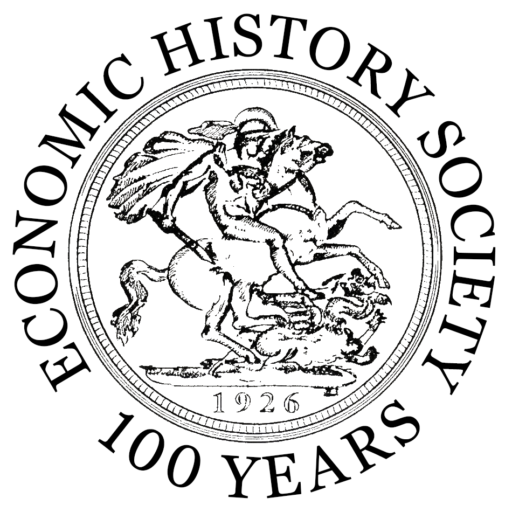Women, Money and Markets (1600-1950), 2023 Conference
In this blog post Dr Sarah Dredge, Senior Lecturer in Nineteenth-Century Literature at Sheffield Hallam University introduces the Women, Money and Markets (1600-1950) conference, 12-14 June 2023, which received financial support from the Economic History Society.
—
The Women, Money and Markets (1600-1950) conference took place at Sheffield Hallam University, and we are very grateful for the support we have received from the Economic History Society, as well as the Humanities Research Centre, Sheffield Hallam University. Established by Dr Emma Newport of the University of Sussex, the Women, Money and Markets conference series has been running annually since 2017 (with a 2019 Covid-hiatus). Information on the Women, Money and Markets conference series can be found at our website: http://www.womenmoneymarkets.co.uk/
As ever, the 2023 conference enabled vigorous and exciting discussions, with papers approaching a wide variety of topics and issues, across several disciplines. In acknowledgement of the particular history of our host city of Sheffield, the conference invited a special focus on women in industry; this topic was taken up by our Keynote speaker, Deborah Simonton, Associate Professor, emerita, at the University of Southern Denmark, Fellow of the Royal Historical Society, and Visiting Professor in Cultural History, University of Turku, who spoke on ‘Interrogating Women and Industry’. Panels considered issues from seventeenth-century fashion and consumption to early-twentieth century advertising and protest. (The full programme can be found on our website).
Its interdisciplinarity has always been a valued feature of the Women, Money and Markets conferences, and speakers from the broad field of history, literature, film, finance, and cultural studies shared insights at this year’s event. Considering artefacts from account books and employment registers to printed songs, ‘female gadflies’ to knitting, didactic literature and monetary fiction to campaigning journals, eighteenth-century sermons to nineteenth-century sensation fiction, New Woman writing to aeroplane manufacture, enabled a rich discussion of the various ways in which women engaged with economic markets, and how this was represented.
The conference returned to the UK in 2023, but Women, Money and Markets has always approached the issue of women’s financial agency from an international perspective. The 2022 conference took place at the Centre for Mediterranean Studies in Rethymno, Crete, and previous conferences have been hosted by the University of Amsterdam and the University of Zurich (which sadly, but successfully, had to take place online). Speakers this year travelled from the US, France, Switzerland and the Netherlands, and all papers made clear the international reach as well as consequences of even the most apparently local businesses and transactions.
The Women, Money and Markets conference welcomes speakers and delegates from all stages of academic careers, and a range of scholarly contexts. We were very happy to benefit from the contributions of speakers completing their Masters degrees and those at various stages of their doctoral studies, as well as those of established researchers, and eminent professors emerita.
Discussions were lively, fruitful and supportive, and the structure of one strand of continuous rather than parallel panels allowed for lines of debate to continue over the three days of the conference. A notable ongoing thread concerned the degree to which women’s individual economic agency should still be presented as exceptional – with papers both demonstrating that female business owners, investors, political economists, and creative producers, were far from uncommon in each period under examination, regardless of ideological narratives that presented this as anomalous, while also recognising that ideologies of gender, class, race and sexualities still had (and have) the power to affect, misrepresent or mask women’s work.
We look forward to continuing these discussions at future conferences. We would very much welcome participation from members of the Economic History Society. The generous contribution from the Society’s ‘Grants and Awards’ fund has helped make this year’s conference the rich experience it has been, and we cordially invite members to join us at future events.
To contact the author:
Dr Sarah Dredge
s.dredge@shu.ac.uk
Sheffield Hallam University

